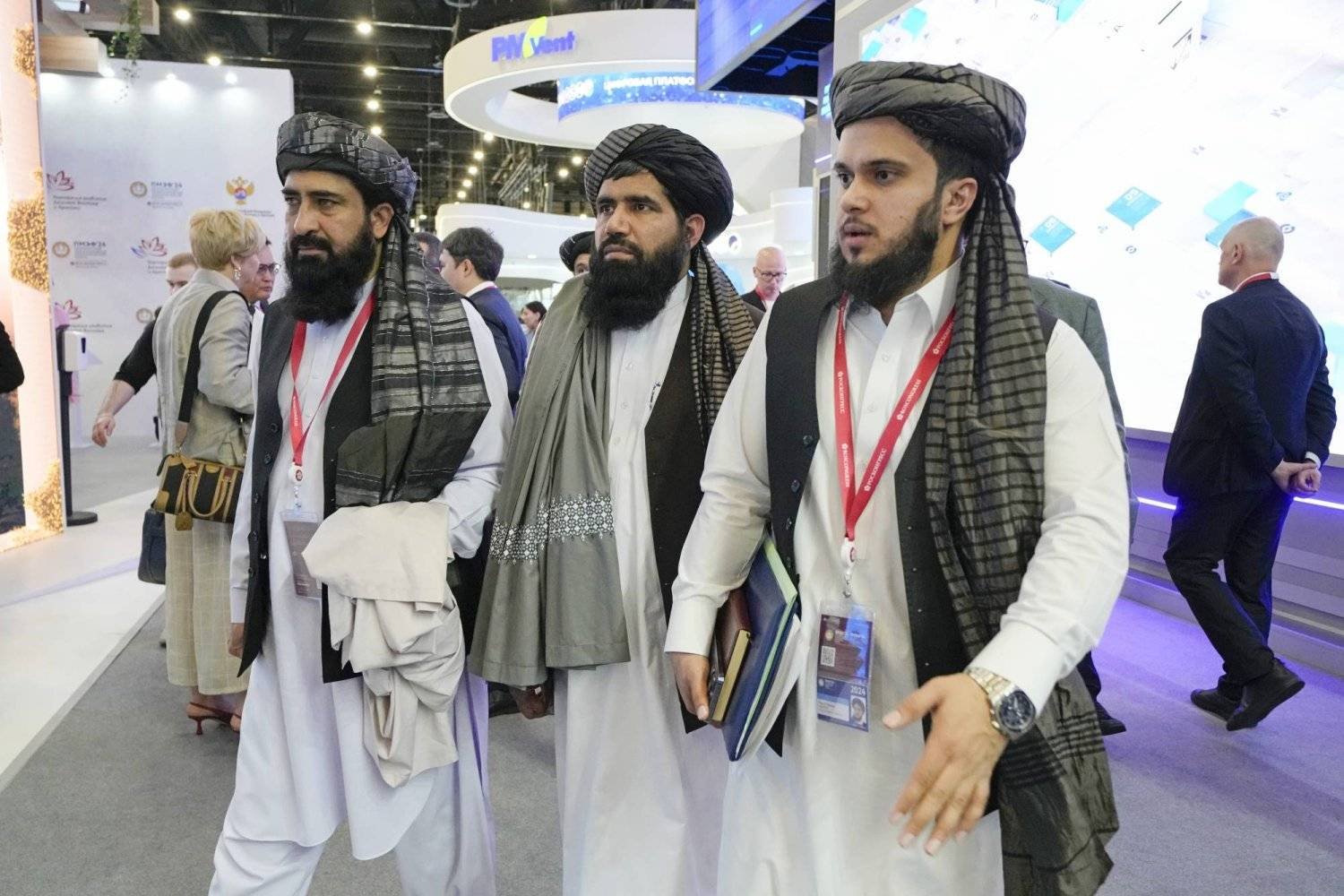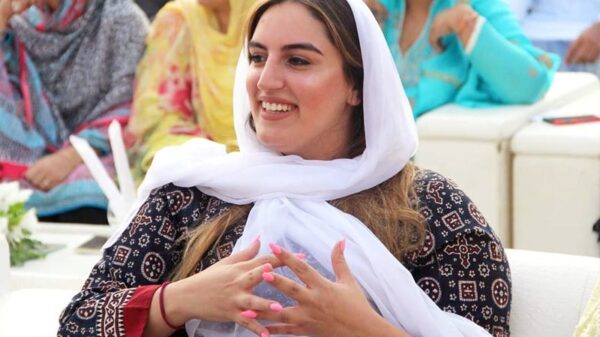Taliban Negotiations
LAHORE: The Human Rights Commission of Pakistan (HRCP) has issued a strong plea to the United Nations Security Council and its member states, urging them to reconsider their decision to engage with the Taliban regime in Afghanistan.
Ahead of the upcoming third UN-convened meeting of Special Envoys and Special Representatives on Afghanistan (Doha III) scheduled for June 30 in Doha, Qatar, HRCP co-chairperson Munizae Jahangir penned a letter to the Security Council Secretariat Branch.
The letter underscored the alarming escalation of human rights abuses in Afghanistan since the Taliban assumed power, particularly highlighting the severe oppression faced by women and religious minorities.
HRCP emphasized that any engagement with the Taliban regime must be conditional upon their commitment to ending gender apartheid and upholding fundamental human rights for all Afghan citizens.
The commission’s concerns extend beyond Afghanistan’s borders, pointing out a troubling surge in militancy and religious extremism in Pakistan’s Khyber Pakhtunkhwa region following Kabul’s fall in August 2021. This rise in violence has been linked to the Tehreek-e-Taliban Pakistan (TTP), which is closely aligned with and influenced by the Afghan Taliban regime.
“The policy of institutionalized discrimination and violence against women by the Afghan Taliban has emboldened the TTP and radical clerics in Pakistan,” the HRCP letter stated, citing numerous instances of violence and discrimination against women in Khyber Pakhtunkhwa.
These include attacks on girls’ schools, restrictions on women’s mobility in public spaces, and decrees barring women from participating in national elections. The letter recounted a tragic incident in Mansehra where a young girl was killed by a local Jirga for allegedly dishonoring her family.
The HRCP also highlighted the resurgence of violence in Swat, where the TTP’s re-emergence since 2022 has led to increased assaults on women and girls, reminiscent of the 2007-2009 insurgency. The commission specifically mentioned a recent school van attack echoing the 2012 assault on Malala Yousafzai.
Emphasizing the need for the international community to bolster democratic forces in Afghanistan, HRCP cautioned against the ramifications of sustaining an undemocratic regime, which could further destabilize Pakistan.
The commission joined other human rights organizations in urging global leaders to demand concrete commitments from the Afghan Taliban regime toward safeguarding women’s rights and protecting religious minorities.
In conclusion, the HRCP’s letter called for international support to establish a stable, inclusive, and representative democracy in Afghanistan as a prerequisite for any diplomatic engagement with the Taliban regime.
I am a dynamic professional, specializing in Peace and Conflict Studies, Conflict Management and Resolution, and International Relations. My expertise is particularly focused on South Asian Conflicts and the intricacies of the Indian Ocean and Asia Pacific Politics. With my skills as a Content Writer, I serve as a bridge between academia and the public, translating complex global issues into accessible narratives. My passion for fostering understanding and cooperation on the national and international stage drives me to make meaningful contributions to peace and global discourse.








